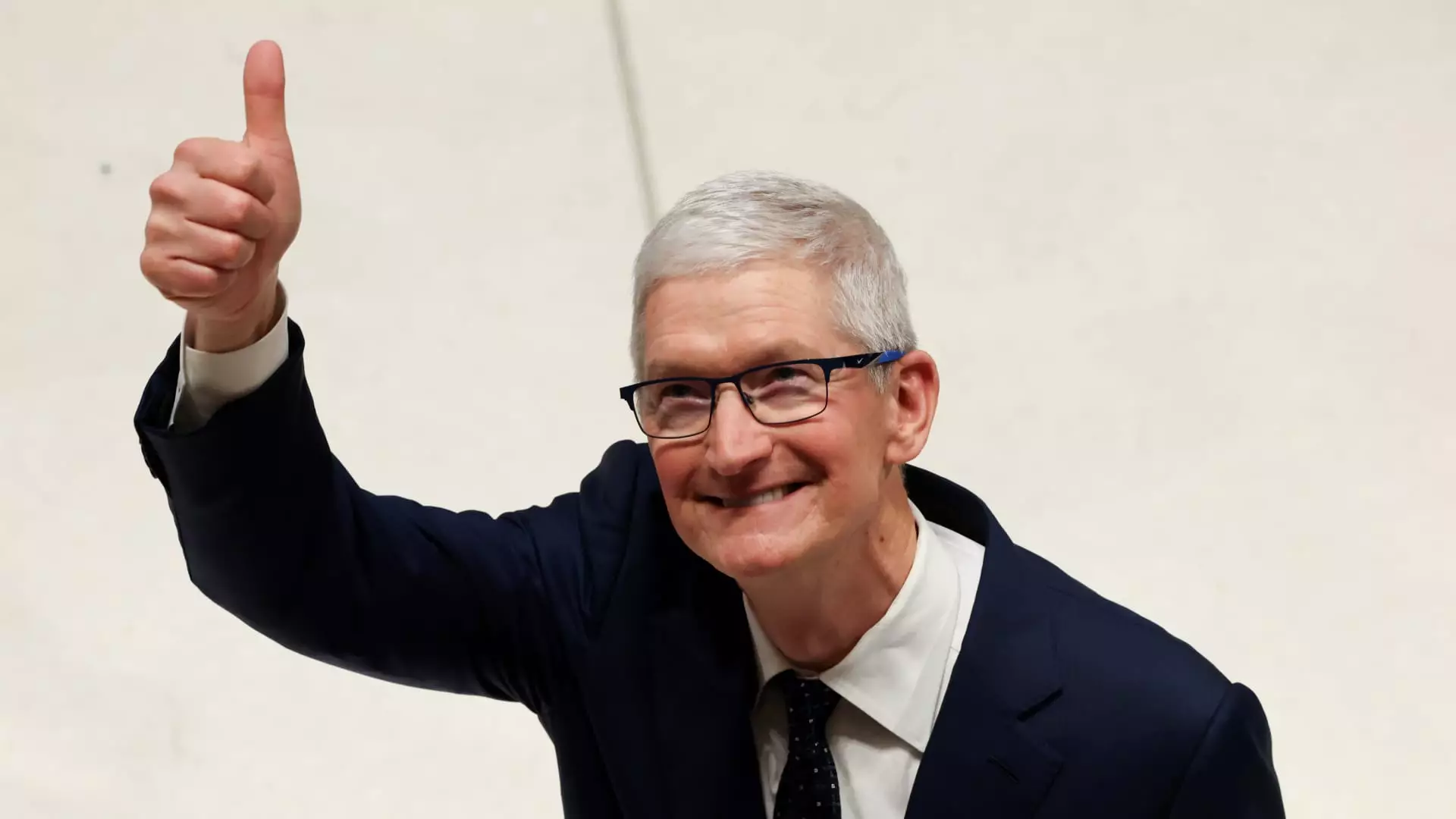In a definitive ruling, Apple’s triumph over the U.K. government’s bid to shroud details of its appeal against a mandatory “backdoor” to users’ data is monumental. The Investigatory Powers Tribunal (IPT) decisively rejected the government’s attempts to suppress information, stressing that such action would fundamentally undermine the principle of open justice. The tribunal’s judges, Rabinder Singh and Jeremy Johnson, articulated that conducting a hearing in complete secrecy would have been an “extraordinary step.” This decision not only affirms the value of transparency but sets an important legal precedent, creating a bulwark against government overreach in privacy matters.
The ruling speaks volumes about the judiciary’s role in maintaining the balance between national security and personal privacy. The government’s argument, cloaked in the guise of protecting national security, is reminiscent of the historical justifications used by regimes to curtail civil liberties. If merely being open about government hearings is deemed a threat to security, then one must question the very foundations upon which such a government operates.
The Implications of Encryption Backdoors
The debate surrounding encryption backdoors has become increasingly contentious. The U.K. government, relying on legislative powers granted by the Investigatory Powers Act of 2016, seeks to compel technology companies to reduce their users’ protections. The echo of such demands reverberates across the Atlantic, with similar frustrations voiced in both the U.S. and the EU. Such policies—all seemingly aimed at combating the nefarious use of technology—nevertheless risk creating a world where users become more vulnerable, not less.
Apple’s robust opposition to weakening its encryption hinges on an essential truth: once a backdoor is created, its existence can be exploited by malevolent entities. The irony of the government’s position is palpable; in its frantic pursuit of catching criminals, it is paradoxically preparing the ground for enhanced vulnerability among all users. A backdoor presents not only a risk for personal users but raises the specter of mass surveillance—a scenario uncomfortably reminiscent of dystopian narratives.
Apple’s Unwavering Commitment to Privacy
Apple’s ethos revolves around privacy, encapsulated in its staunch refusal to create backdoors for its services. The company’s October 2023 announcement regarding the suspension of its Advanced Data Protection (ADP) features for U.K. users is a poignant reminder of the ever-looming threat to digital privacy. Apple’s commitment to providing robust security measures stands in stark contrast to governmental encroachment.
The tech giant’s declaration that it “has never built a backdoor or master key to any of our products or services and we never will” resonates with consumers increasingly attuned to the importance of personal data security. A notable conundrum emerges: how does a government justify infringing on individual privacy rights to bolster its own security infrastructure? The answer often leads back to growing government overreach, one that many in the center-right liberal framework view as profoundly problematic.
The Public’s Role in the Privacy Debate
While government authorities grapple with national security threats, the onus of protecting that security should not mandated through invasive measures that compromise personal liberties. The vocal opposition from privacy advocates underscores the necessity of holding those in power accountable.
Public backing is vital in ensuring that these conversations are not confined to government chambers and corporate boardrooms; rather, they should be part of the public consciousness. Citizens need to remain vigilant, advocating for their rights and questioning policies that, in the name of security, might hollow out the core of democratic principles. An informed populace is integral to pushing back against draconian measures.
The case is clear: as Apple squares off against the U.K. government, it isn’t merely about a company versus a state; it is representative of a larger struggle for civil liberties in the digital age. As more institutions and individuals recognize the importance of privacy, the consequences of legalized intrusion into personal lives must be scrutinized more closely. The outcome of this particular battle may very well set a precedent for battles yet to come—a reminder that the path towards a secure society must not lay waste to the very freedoms that define it.

